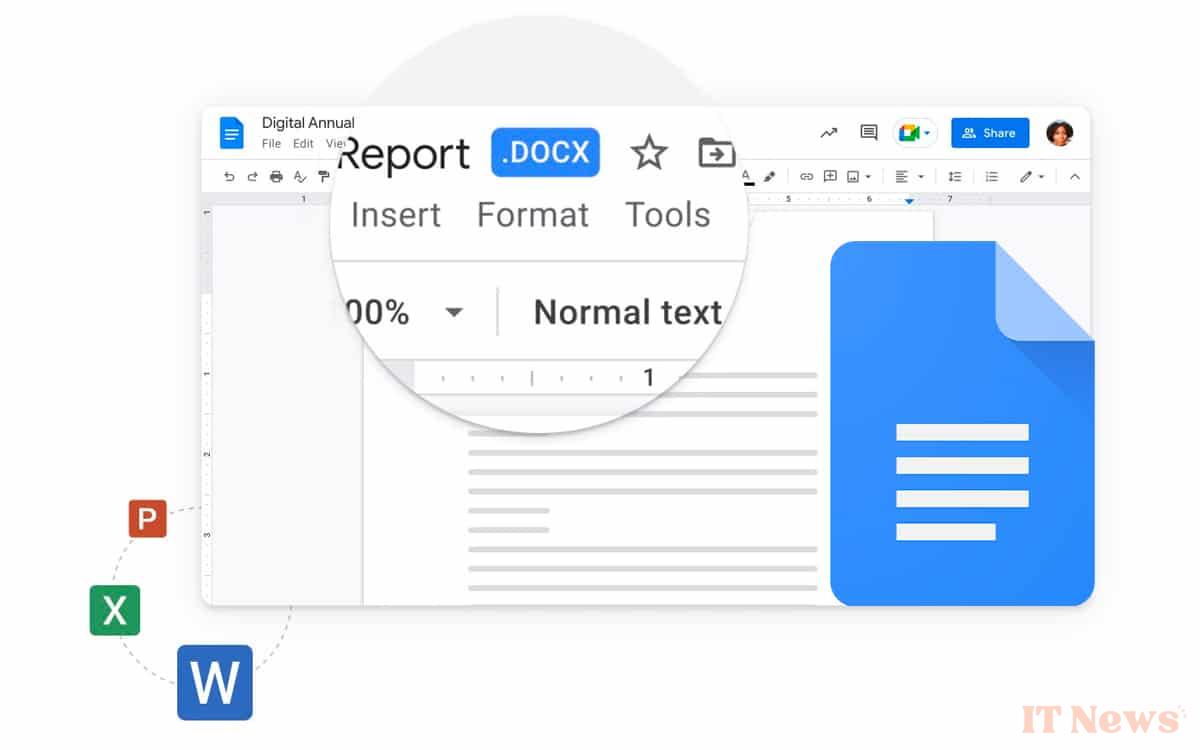Do you dream of transforming your long documents into captivating podcasts? Google has made your wish come true! Thanks to Gemini's new feature, your Google Docs come to life as animated audio conversations. No more tedious reading, just... an immersive listening experience.
The Mountain View firm has just announced the deployment of a revolutionary feature for its Gemini AI model: the ability to transform various types of documents into podcast-style audio conversations. This innovation, dubbed "Audio Overviews," promises to radically change the way we assimilate complex information.
Originally developed for NotebookLM, Google's generative note-taking tool, this feature is now available to Gemini and Gemini Advanced users worldwide, currently only in English.
Also read– This malware hides in Google Docs and steals your passwords or private conversations, be careful
An immersive and personalized listening experience
The principle of Audio Overviews is simple but powerful: the user uploads a document (whether lecture notes, meeting minutes, presentations, email threads, or reports) into Gemini. The AI then analyzes the content and generates an audio conversation between two virtual "hosts."
These hosts don't just read the document. They summarize the material, make connections between the different topics covered, engage in dynamic dialogue, and offer unique perspectives on the content. The goal is to create an engaging listening experience that makes it easier to understand and remember information.
At the same time, Google is also introducing "Canvas," an interactive space that allows Gemini users to create, write, or refine documents and code. Canvas offers real-time feedback and insights, allowing users to adjust the tone, length, or formatting of text instantly and intuitively.
For professionals and students who are confronted with a mass of information on a daily basis These new Gemini features represent a considerable time saving and efficiency improvement. They also open up new perspectives in terms of accessibility, allowing, for example, people with visual impairments or those with reading difficulties to consume complex content more easily.




0 Comments